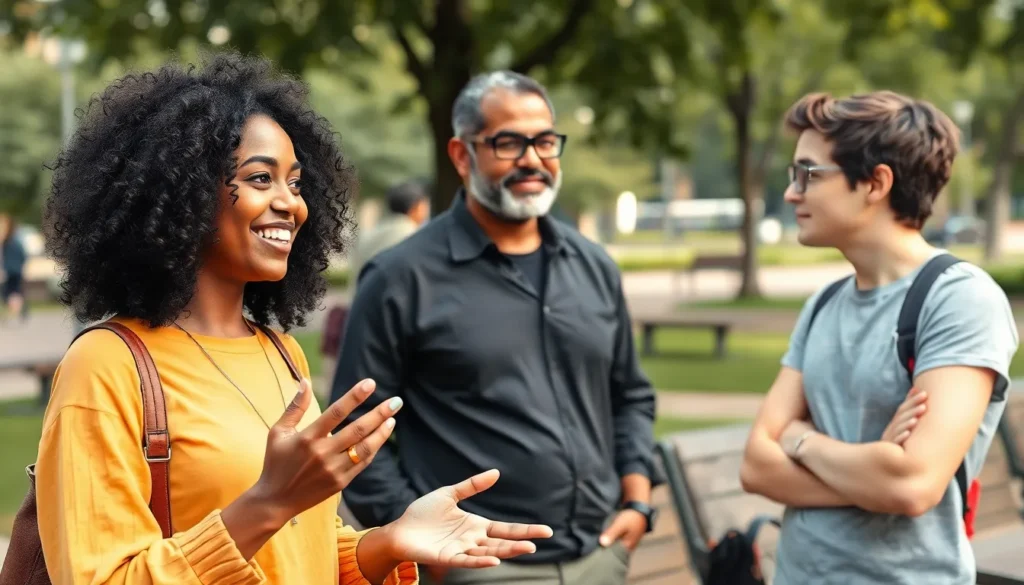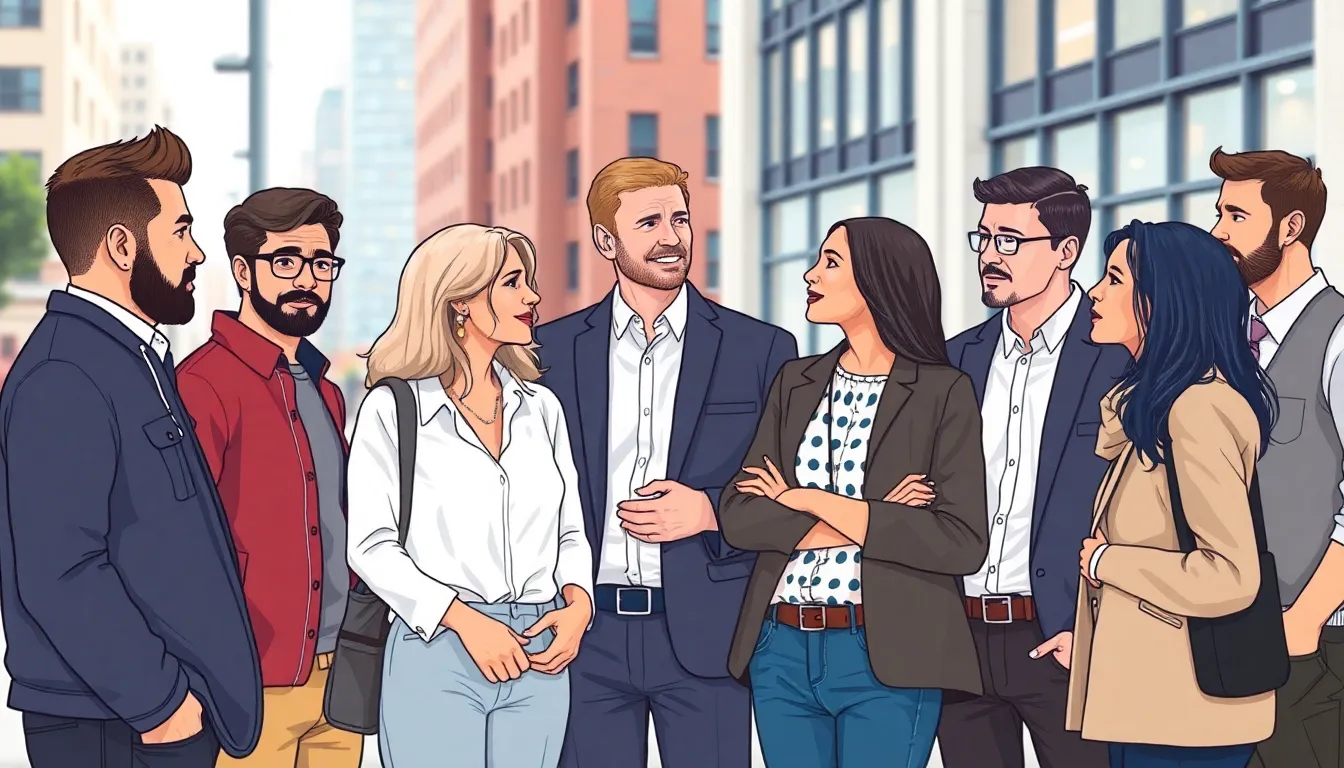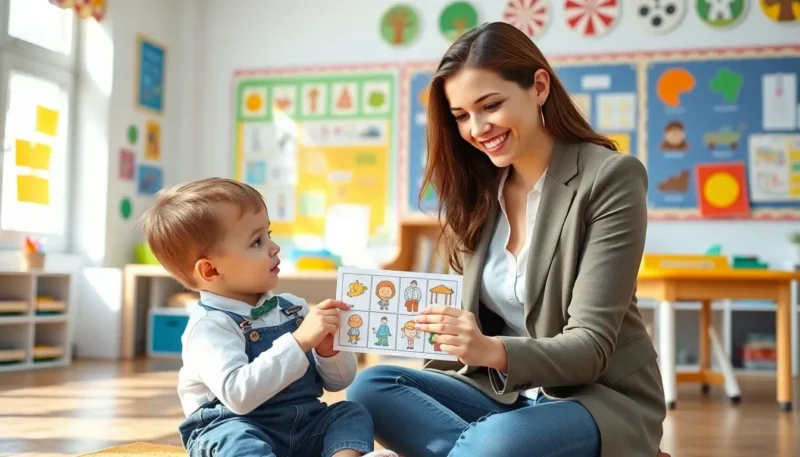
In a world buzzing with diverse voices and opinions, stereotyped speech sneaks in like an uninvited guest at a party. It’s that awkward moment when someone assumes you speak a certain way just because of where you’re from or how you look. Whether it’s the classic “valley girl” lingo or the “tough guy” accent, these caricatures can be entertaining but often miss the mark.
Stereotyped Speech
Stereotyped speech refers to verbal expressions influenced by preconceived notions about individuals based on their appearance or background. The phenomenon manifests through various speech patterns and assumptions that do not necessarily reflect a person’s true voice.Definition of Stereotyped Speech
Stereotyped speech occurs when individuals apply broad generalizations to interpret someone’s way of speaking. This form of speech often includes phrases or accents associated with specific groups, leading to misinterpretations. Terms such as “jive talk” or “snobbish British accent” serve as examples of these generalized perceptions. These assumptions overlook individual characteristics, resulting in a narrow view of communication.Characteristics of Stereotyped Speech
Stereotyped speech exhibits several distinct traits. One major characteristic is the reliance on exaggerated vocal patterns that oversimplify complex identities. Specific phrases may be favored, reinforcing cultural clichés. Additionally, emotional tones tied to stereotypes often influence how messages are received. Listeners might perceive intent or meaning based on these superficial cues, leading to misunderstandings. These traits result in communication barriers that obscure individual expression.Examples of Stereotyped Speech



